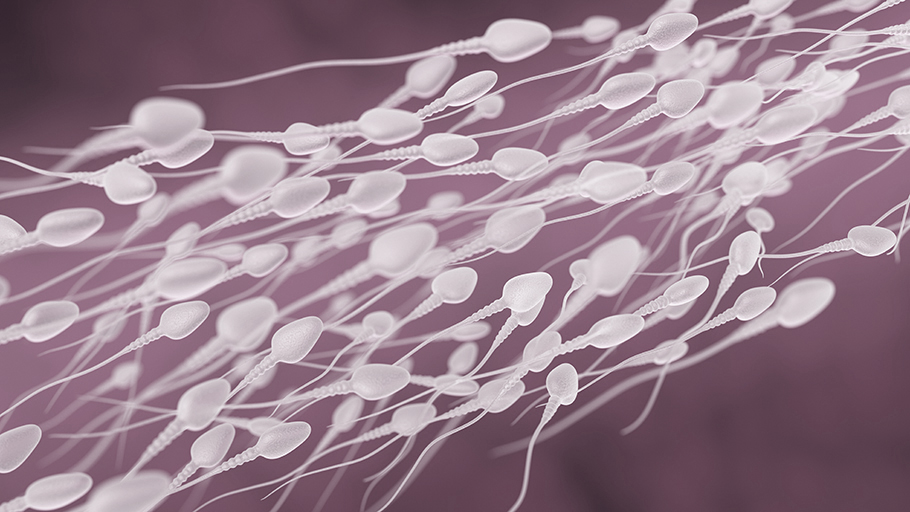Sperm DNA
The primary function of the sperm cell is to transport paternal DNA to the egg in order to ensure fertilization. Under normal physiological conditions, the DNA of the sperm cell is compacted, thus protecting the genome during its transit through the genital pathways.
It sometimes happens that the DNA has a compaction defect. This increases the risk of alteration of the genetic material. In fact, the risks of DNA denaturation and fragmentation are higher and may compromise the sperm cell’s fertilization potential. Among infertile men, 25% have an elevated level of DNA damage. Of them, only one in ten has a normal seminogram.
Numerous factors can be to blame:
- Infection
- Elevated testicular temperature
- Diet
- Drug abuse
- Tobacco use
- Exposure to toxic substances
- Advanced age
- Varicocele (altered blood flow in the testicles and increase in their temperature)

